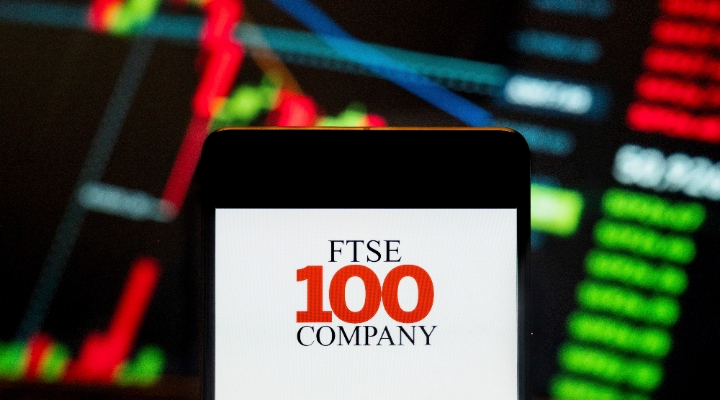
Diversification, diversification, diversification. It’s drummed into investors time and again just how important it is to spread your risk across lots of different holdings so you’re not vulnerable if one falls. Yet it turns out a lot of the professionals are not following this seemingly sound advice. Even more surprising, they’re doing incredibly well as a result.
Our investigation this week looked at how some of the most concentrated fund portfolios have been performing, and the majority are beating their rivals. Have we all been doing it wrong all this time? Some of these funds and trusts invest in only a handful of names. It could be an incredibly risky strategy if one or two of those bets goes badly.
When you think about some of the numbers involved in this high-stakes game, it’s pretty mind-blowing. A £5 billion fund, for example, that has 10% of its assets in one stock – that’s a lot of money at risk if it goes wrong.
But isn’t this why we choose active managers – because we think they have the skill to separate the wheat from the chaff? We want them to have the courage of their convictions, not to second-guess themselves and hedge their bets. If you want a fund that invests in the whole market you’re definitely better off choosing a tracker.
Investors Need Active and Passive Options
Maybe lack of faith in active managers is part of the reason so many people are piling into tracker funds. Our number-crunching shows that UK investors poured more than £12 billion into passive funds last year and that’s not even including ETFs. Assets under management in open-ended index funds soared 30%. That’s incredible and, even more so is the fact that the trend looks set to continue.
The allure of following the index is easy to understand. These funds are cheap, simple and have been performing strongly as stock markets have soared. My concern is what happens when the party’s over and markets fall. Do all investors fully understand that a tracker will follow a market not just on its way up but on the way down too?
And I think this is why we need to be careful never to reduce the discussion about “active” and “passive” funds to an either/or debate. They are not rivals; trackers weren’t created to replace active managers but to complement them. Perhaps this narrative has taken hold because it’s the easiest way to push a new product. But I think the next bear market, when it comes, will show why it’s important to hold both.
Advice is Not Just for the Rich
How much should financial advice cost? It’s the million-dollar question. Except you definitely shouldn’t be paying a million dollars for advice.
While the Retail Distribution Review – which outlawed commissions and kickbacks – had noble intentions, it has certainly made things more difficult for advisers. It has also made things more difficult for customers receiving financial advice; previously they could pretend the service wasn’t costing anything as the fees were hidden in the commission paid on products and funds they used. Now they must pay upfront and, well, paying upfront for things isn’t very fun. It’s why so many people choose to pay their insurances on a monthly plan, even though it ends up costing more.
Financial advice is very similar in a way, because it involves paying for something with no real measurable value. You pay for your car insurance but if you don’t have a crash, you have wasted your money (ignoring the legalities, of course). What if you pay for financial advice and the stock market falls?
But the fact remains that there are millions of people across the country who need help making financial decisions. Whether they are coming up to retirement and deciding whether to take an annuity or keep their money invested, or they are setting up their first Isa in the hopes of buying a property in the future. Too often the conversation about financial advice centres on the uber-wealthy who have millions to invest, but the needs of those outside of that sphere are arguably even greater – the less you have, the more important it is to make the right choice. Advisers need to find a way to reach these people – it might not be the most profitable enterprise at the moment, but it could reap future rewards for all involved.





























